“It’s not what you know, it’s who you know” – Raising Awareness of Social Capital

Like many, I find this old adage hugely problematic. I am an avid networker, very little pleases me more than connecting two people who may benefit from an introduction, or meeting someone new and bonding over unexpected common ground, yet there is a far more troubling side too. As we strive for higher levels of diversity and inclusion, raise our awareness of privilege and aim to bridge gaps both societal and geographic, it is unfortunately still very true that opportunities present themselves unfairly based on “who you know”. This is not always just by knowing the right person directly, but is often based on more subtle things such as better information flow, pre-existing communication or behavioral biases, or one candidate having greater confidence through previous situational exposure than another – hence I use the term Social Capital, rather than simply ‘your network’. Even if the same opportunities present themselves, the candidate with more social capital surrounding the opportunity is likely to have an advantage. With this brief article I admit I do not have all the solutions, but being aware of some of the forces at play will I hope lead those in decision-making roles to consider how social capital biases may affect them and their processes.
Diving deeper into the definition of social capital, it’s evident that it means a wide range of things to a wide range of different groupings. The Institute for Social Capital lists hundreds of accepted and cited definitions. For the purpose of this article, we’ll focus on scenarios and impact of social capital for individuals, particularly students or those in the early stages of their careers.
Social Capital Definition: “the set of benefits individuals can gain from their social connections and social structures, such as access to information and emotional support.”
(Adler & Kwon 2002)
The majority of examples of individual social capital found when researching are still generally positive – using your alumni network to explore opportunities in a particular industry, asking a career advisor or tutor’s advice about a local employer or organization, or attending an extra-curricular club to grow your passion and network in a certain field (and of course to evidence it to future employers). All these and more are great examples of social capital related actions that should be encouraged and could genuinely lead to positive outcomes in an individual’s career trajectory.
First we must acknowledge that there’s a huge variance in the ‘starting level’ of a young person’s social capital, and that access to activities to build social capital are not equally available nor equitable. Therefore the problem very quickly becomes exacerbated and compounded by a number of factors and judging by Amol Rajan’s excellent BBC Documentary “How to Crack the Class ceiling” we do not seem to be making adequate progress. If employers, advisors and all individuals are more aware of these compounding factors in the social capital equation, then there is a greater chance of taking actions to combat them. Consider for example, if a higher proportion of your network have been less able to access education or are not in professional roles, the social capital you derive from those connections could have less impact on career mobility than if you have an alumni network full of high-flyers. Likewise, if you don’t attend college, or your institution doesn’t have extra-curricular clubs or tutors and career advisors on hand – or you’re too busy working a part time job to make use of them – your ability to build social capital through those pathways would also be more limited.
The jury is out on whether the combined effects of the internet and the pandemic have helped or hindered. McKinsey has some fascinating stats based on a 2022 survey of 5,000 professionals, relating to investment in social capital during and post-pandemic – which may pinpoint some of the concerns for those starting with low social capital or from certain backgrounds. For example, half of all senior leaders say they invest energy into building their networks, while only 15% of frontline workers do so. About one third of men make this investment, while only a quarter of women. In Tech industries, 53% of employees are likely to invest in strengthening existing relationships, while only 12% of public sector employees do so. There are clearly going to be complex cause and effect arguments for most of the above discrepancies, however the biggest problem I takeaway is the effect on the next generation under those listed above. If your role model happens to be a public sector female in a front-line industry, you are far less likely to see the building of social capital in action, and may well be less able or confident in building and using your own social capital when the time comes.
Another fascinating piece of research done by MIT based on original research by Granovetter adds a different angle for consideration. It surmises that weak ties are more useful than strong ties in gaining employment. Specifically, “the people you know best may have social networks that closely resemble your own and thus may not add much new job-seeking value for you. Your more casual acquaintances, on the other hand, have social networks that overlap less with yours and may provide connections or information you would not otherwise be able to access.”
A Hidden Brain podcast by Shankar Vedantam titled “Who’s in your inner circle” added an additional layer exploring the background of spousal choice and the knock-on effect on wealth creation of that unit. This echoes Robert Putnam, a Harvard academic’s research on America’s social capital divide in Bowling Alone (2002 Simon & Schuster) Professional classes invest more in family life, community networks and civic activities. This contrasts with the fracturing family life among poorer and less educated Americans, limiting future social mobility.- somewhat obvious perhaps, but terrifying when laid bare through clearly articulated facts.
Joining the dots I believe those early on in their career journey can hugely benefit from stepping outside of their existing network and wherever possible doing it in a cognizant way. Employers, education institutions and even governments should take this challenge onboard and work to embed more opportunities to build social capital. Choice of HE or FE institution for a given individual is perhaps unlikely to hinge on “I want to meet a different crowd of people” – and choosing an out-of-state or distant institution would likely come with additional costs and accessibility issues – but there’s no reason why educators and advisors shouldn’t present this case to their students. Sionade Robinson from City, University of London, agrees. She says: “Professional experiences in undergraduate degrees are powerful. We’ve put them into our curriculum because we believe every student should have the opportunity to extend their social capital and potential employer networks. In employability, these can be key.”
Closer to home and in a more accessible and scalable way, remote work experience such as the programs we work on at Virtual Internships, can bring a new network of professional connections into your front-room or student dorm, bringing fresh and immediate opportunities to build social capital.
Olly Newton of The Edge Foundation, advocates for “rich and engaging employer encounters throughout education,” adding that he himself reflects on “the importance of networking as a genuine way to build the connections and personal relationships that are at the heart of success in any industry.”
Moreover, as the current headlines are increasingly trending with the impact of Chat GPT on many aspects of study, qualifications and more, it is worth reflecting on where social capital stands in a future landscape. For the time being at least, building and maintaining social capital is something that can’t be fully outsourced to AI – so perhaps when juxtaposed with investing in hard skills that have an ever shortening half-life, spending a little more time and effort in building durable relationships with those who don’t look, think, talk or behave like you, may add an element of future-proofing to one’s career path.
Huge Thanks to Femi Bola MBE, Dr Sionade Robinson, Piet Van Hove and Olly Newton for their insightful input and useful signposting on this topic.


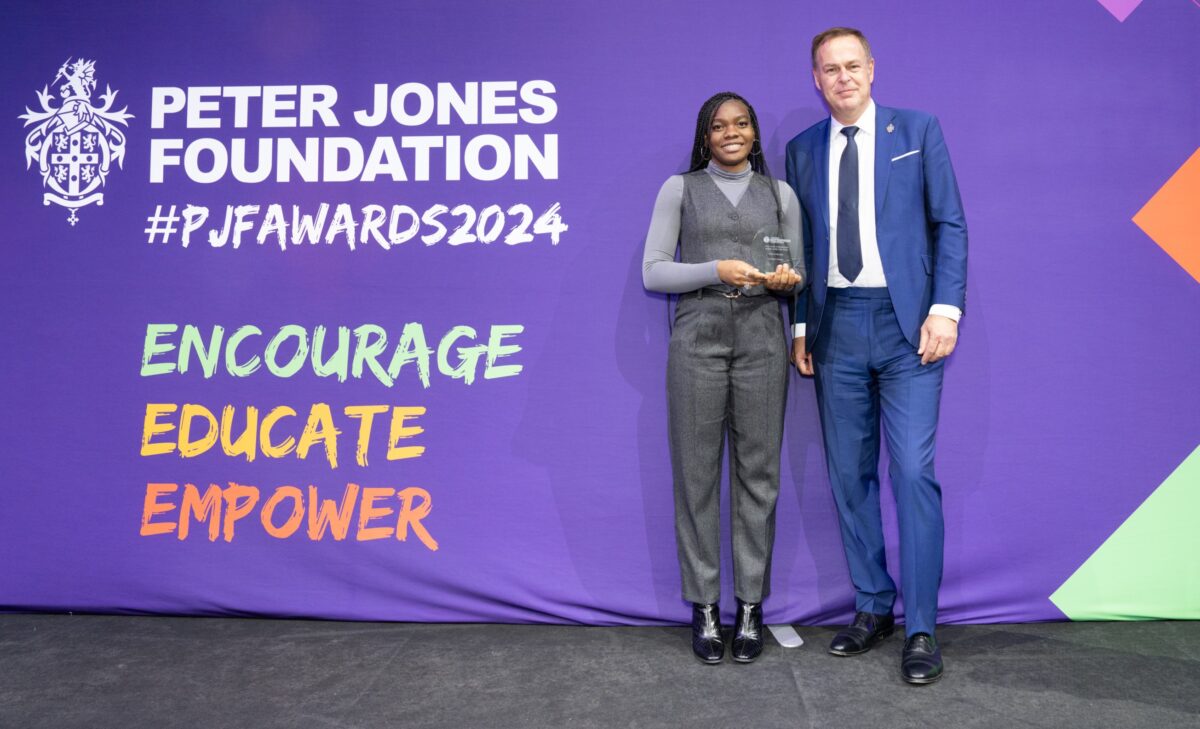
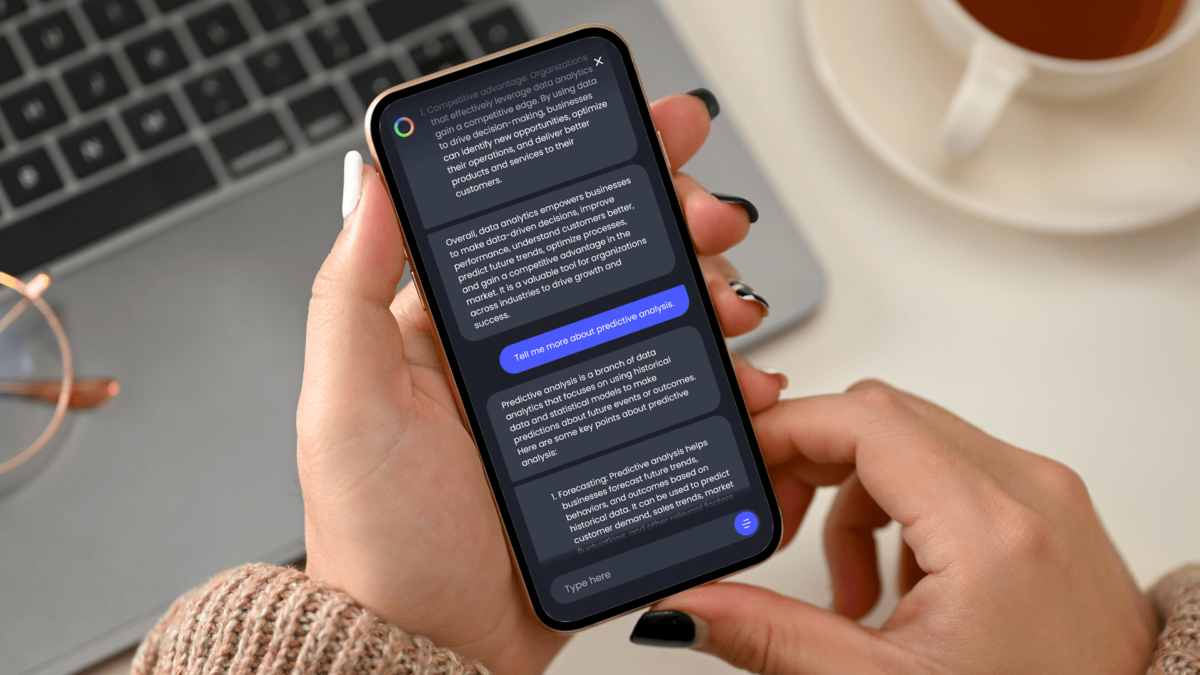
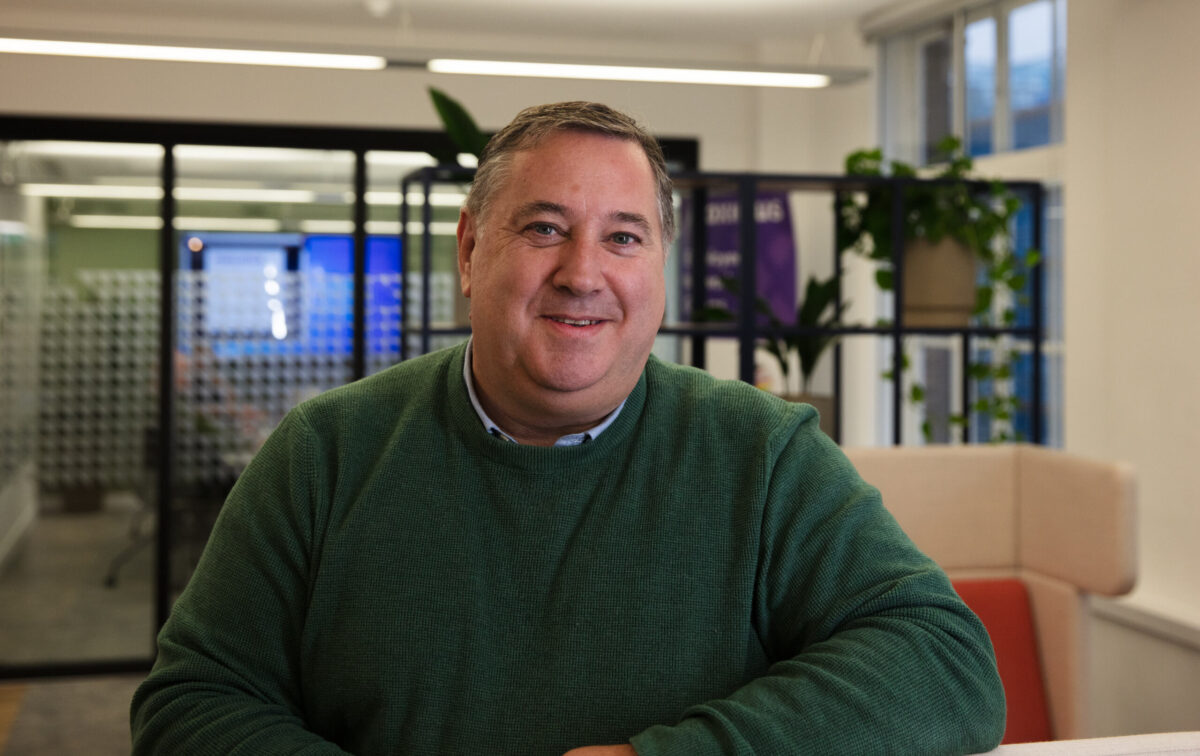
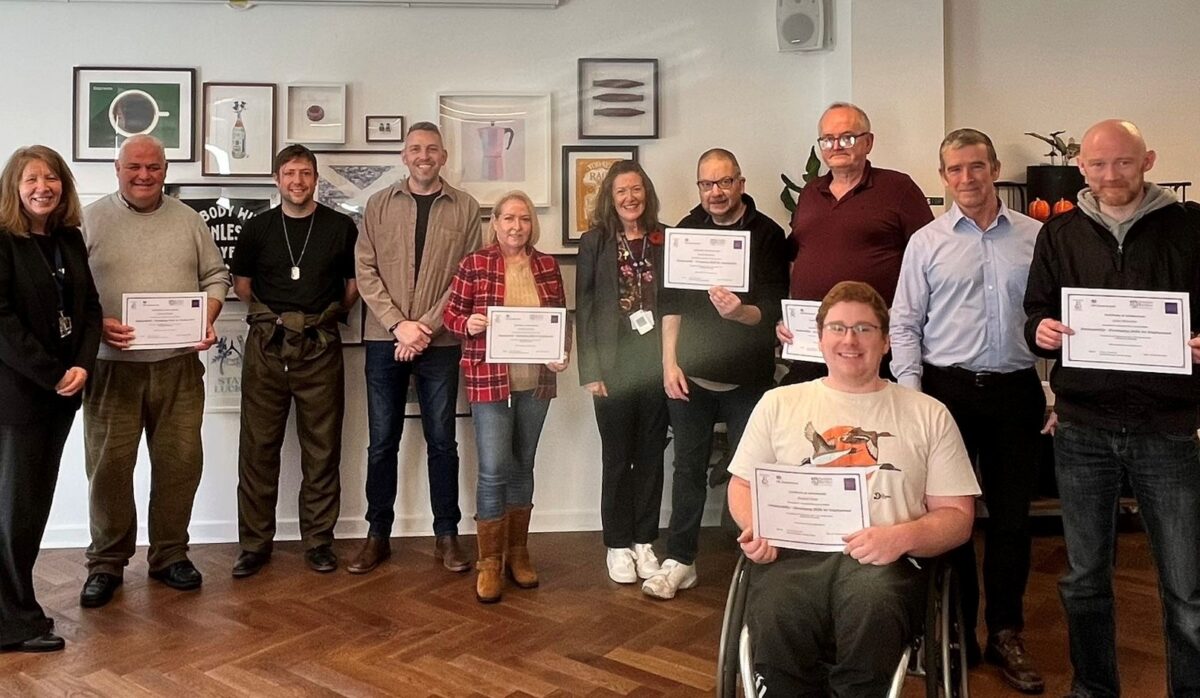


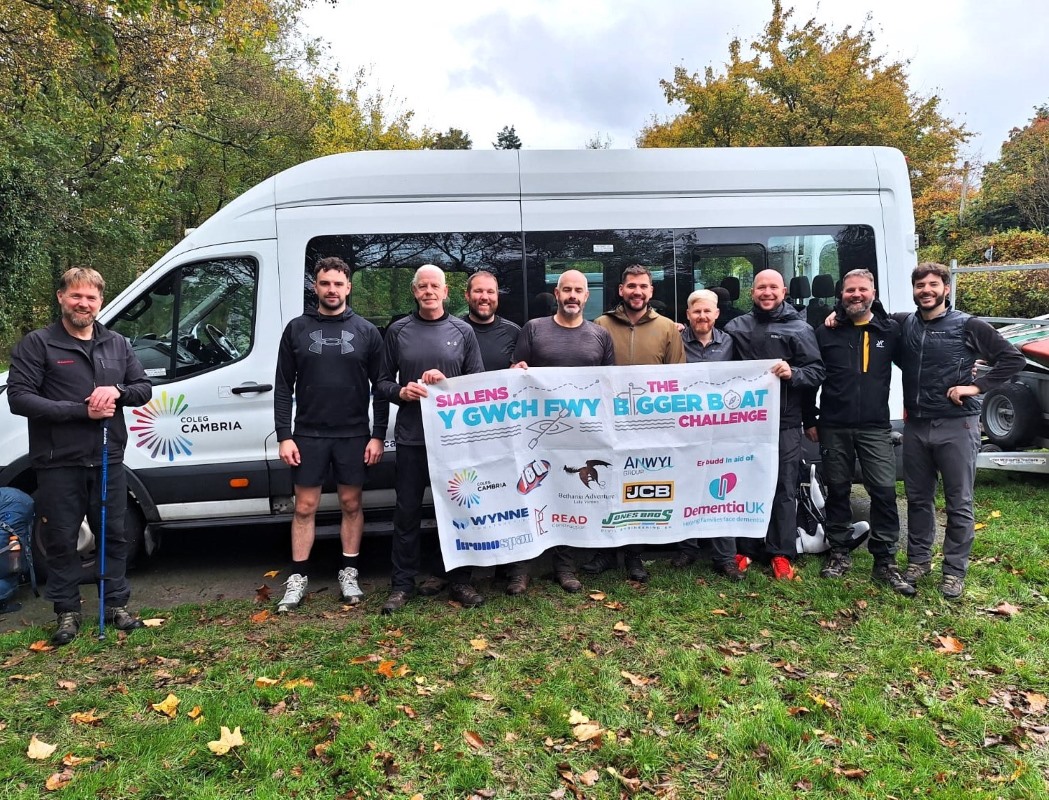


Really insightful and thought-provoking. You’ve articulated something I’ve been noticing in recent years. Absolutely agree that creating a strong and diverse network is key to success.